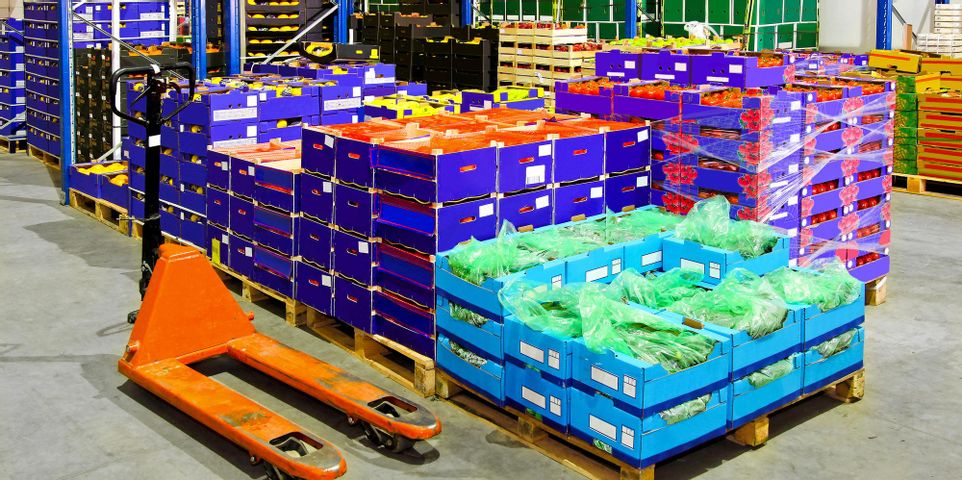
If your business ships perishables to restaurants and grocery stores, keeping them fresh is a high priority. Partner with a reliable frozen food shipping company to ensure your products don’t spoil during the commute. Here’s what’s involved in this process.
Packing Materials
Shipping companies use various packing materials to lock in cool temperatures. Foam boxes are standard for frozen food shipping, as they have thick panels that keep the ice packs and contents cold during transit.
 Some companies also use cardboard because it’s a cost-effective, readily-available material that comes in a variety of sizes. Since it tends to be cheaper than foam coolers, businesses can enjoy lower shipping fees.
Some companies also use cardboard because it’s a cost-effective, readily-available material that comes in a variety of sizes. Since it tends to be cheaper than foam coolers, businesses can enjoy lower shipping fees.
Cardboard boxes need to be lined with custom cut foam sheets, and its contents are usually wrapped with insulated padding to fill empty space and maintain safe temperatures. Gel packs can also be used to keep foods cold. These packs are typically placed in cardboard boxes, as they prevent condensation from damaging the material.
How Quickly Frozen Foods Need to Be Shipped
Foods stay frozen longer when shipped in bulk because they help keep each other cold. For this reason, perishables shipped in bulk can safely endure a two-day transit. On the other hand, smaller orders may require next-day delivery to prevent spoiling, even if they’re packed with gel and dry ice. Since baked goods typically remain fresh for several days at room temperature, three-day shipping is acceptable.
If you want to partner with a reliable frozen food shipping company, turn to Unicold Corporation in Honolulu, HI. These professionals have provided businesses across the state with cold warehouse storage and refrigerated shipping since 1962. They maintain their equipment and monitor the shipment throughout transit to ensure the goods stay at the correct temperatures. To get more information about their services, visit the website or call (808) 836-2931.
About the Business
Have a question? Ask the experts!
Send your question

